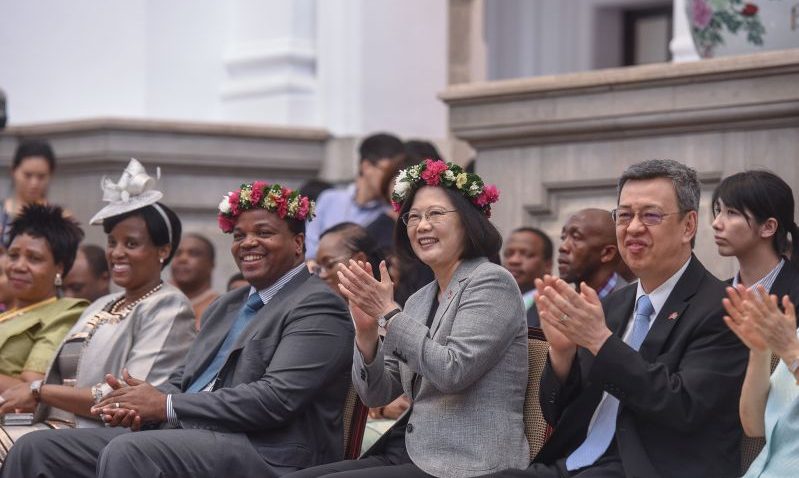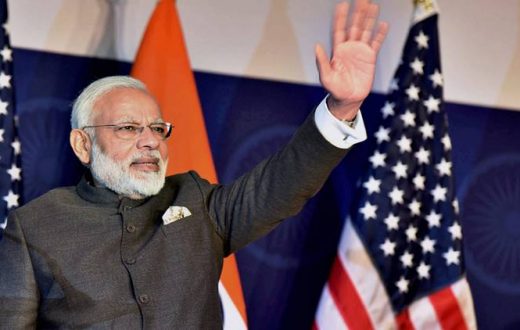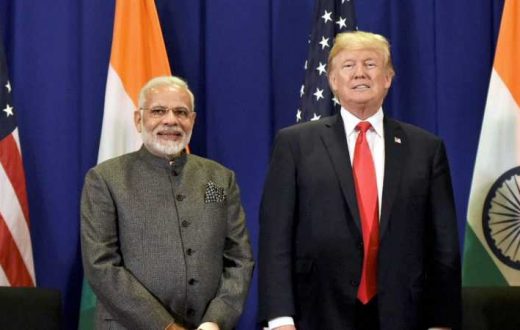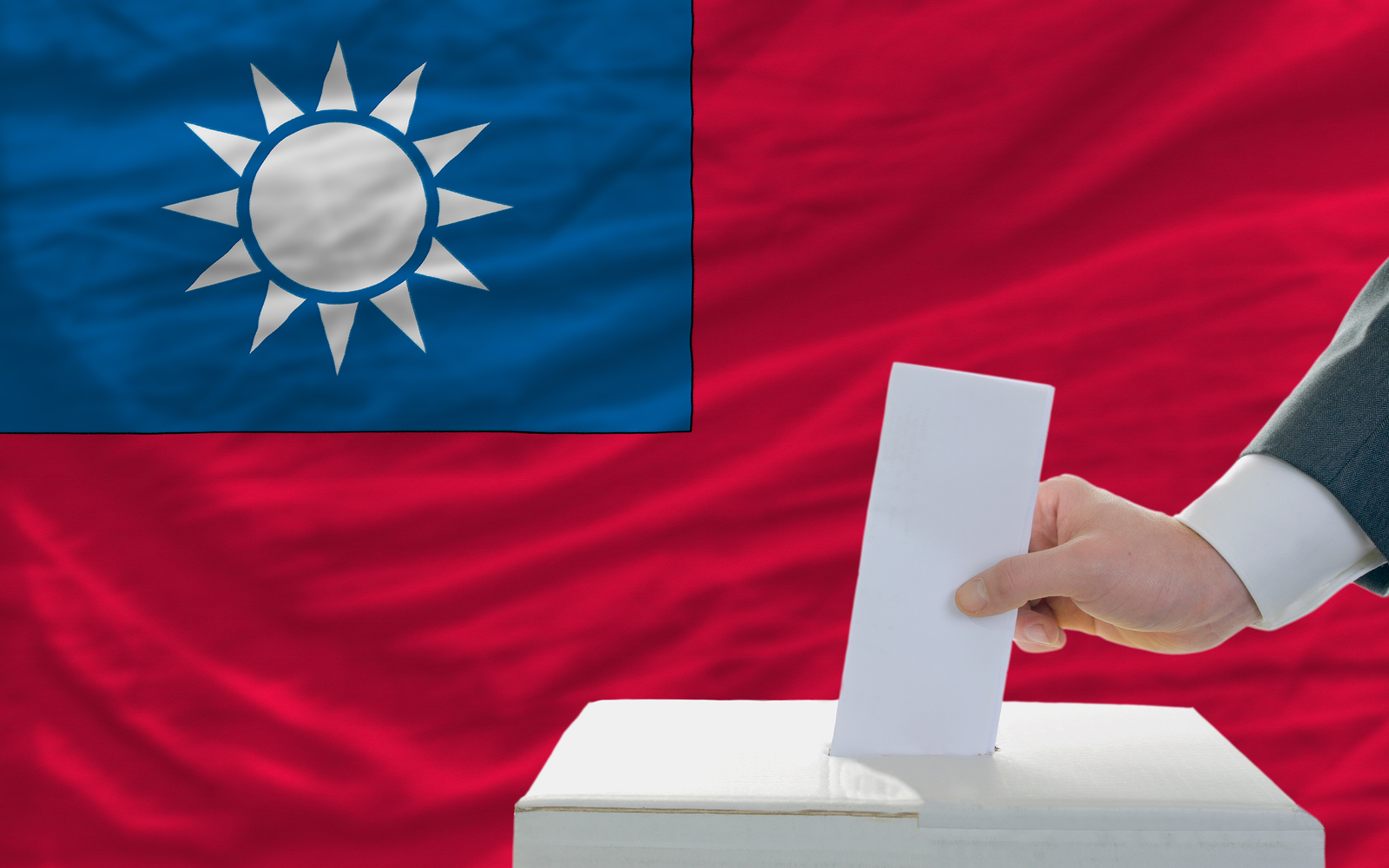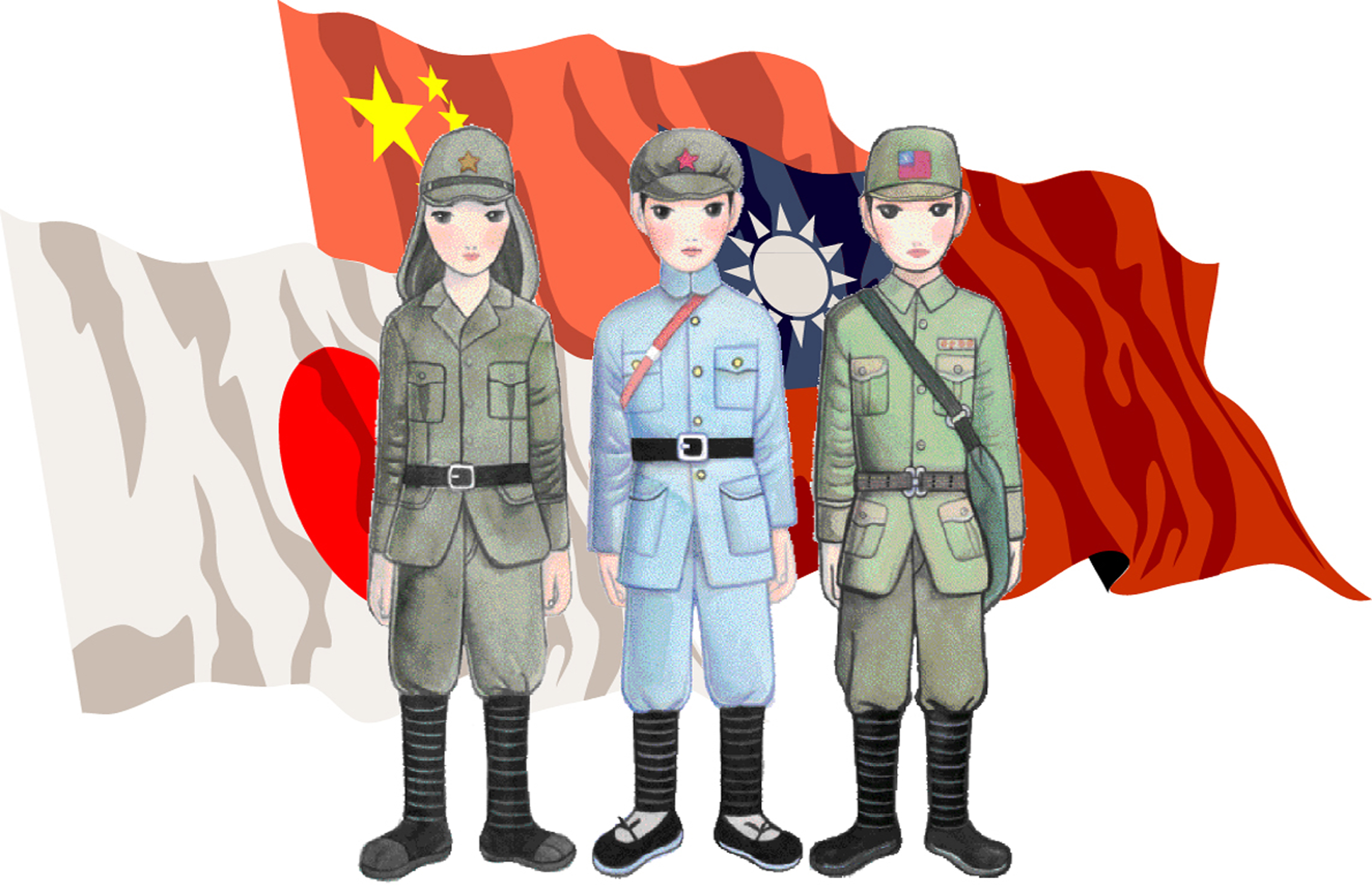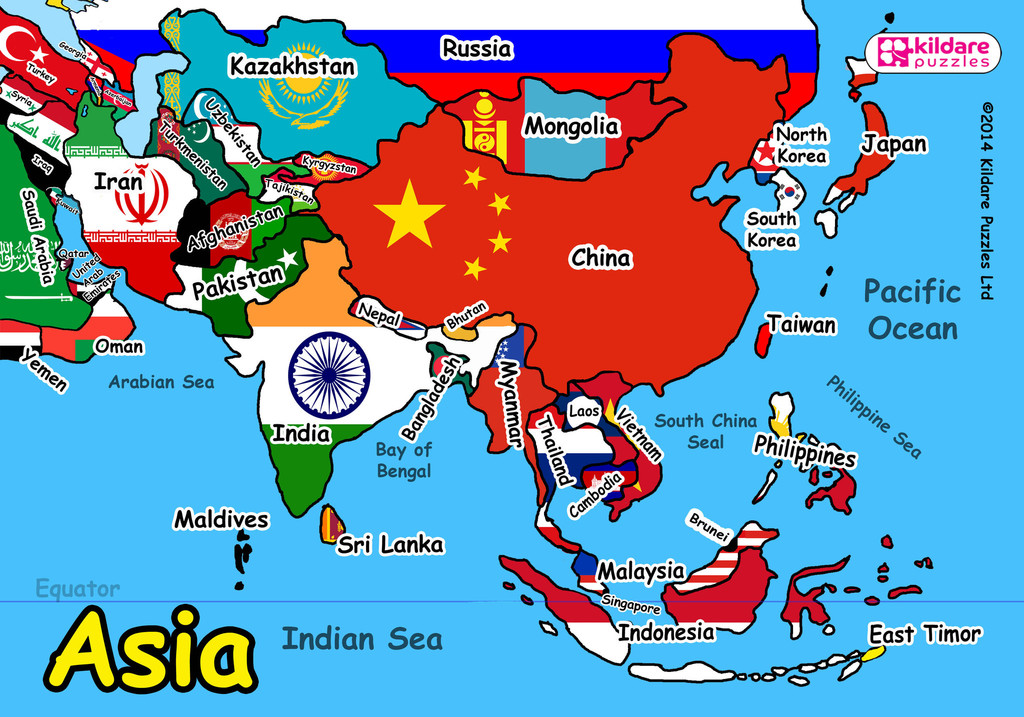The small monarchy is the only African state to recognize the government of the Republic of China (Taiwan) as legitimate, resisting continuous pressure from Beijing.
The Kingdom of eSwatini is a state in southern Africa located between South Africa and Mozambique. Known until 2018 as Swaziland, it is probably among the least mentioned and internationally known countries. In reality, the monarchy ruled by King Mswati III “boasts” two particular records: it has the highest percentage in the world of people living with AIDS/HIV (27.3%) and is the only state on the African continent which internationally recognises the Taiwanese government.
eSwatini remained alone in May 2018, when Burkina Faso decided to break diplomatic relations with Taipei and recognize the People’s Republic of China. Such bank changes are very frequent: there are 94 countries that had previously supported Taiwan and then recognised the Beijing government. Decisive was the victory of the Chinese Communist Party against the Kuomintang Nationalist Party (which took refuge on the island of Formosa, Taiwan) in the long civil war that ended in 1950. In fact, in the following years an increasing number of states broke diplomatic relations with Taipei. Another important factor that attracts countries, especially developing countries, to mainland China is the extraordinary economic growth of the Asian giant over the last few decades. China has become the second world power. It is difficult to resist Chinese investment and the economic benefits it brings, especially in the poorest regions of the world. The fundamental condition for doing substantial business with Beijing is not to recognise Taiwan internationally. This is why 23 African states, for example, have severed all diplomatic ties with the Taipei government in recent decades: they did not want to miss the Chinese train that brings infrastructure, opportunities and development.
The small eSwatini, instead, seems determined to continue the relationship that has bound him to the Republic of China since 1968 (the year of the Kingdom’s independence). King Mswati III, during a visit to Taipei in June 2018, made a promise to Taiwanese President Tsai Ing-wen: “[…] I also want to make a commitment that, whatever the challenges, we will always be together. You know we’re friends for better or for worse. We’ll always be friends.” He also stressed his hope that “the world will one day realize the things to which your country has contributed immensely”. The spokesman of the Swaziland government, Percy Simelane, added that Taiwan “has been with us since independence and has contributed greatly to the socio-economic development of our country”. At the end of the meeting an agreement was signed which called for increased cooperation between Taiwan and eSwatini in the fields of economy, trade, technology, investment and environmental protection. It also aimed to facilitate partnerships and improve the well-being of the populations of both countries.
The latter is only one of many agreements between the two states. In March 2019, eSwatini Health Minister Lizzy Nkosi and Taiwanese Ambassador Liang signed a $12.7 million six-year memorandum of understanding on improving health care. “President Tsai”, a note from the Taiwan Embassy in Mbabane claims, “wants the people of eSwatini to benefit from Taiwan’s successful experiences and reap the benefits of better services and a strong public health system. This approach is an irrefutable proof of Taiwan’s love and solid reputation as a force for a true, true friend and partner in prosperity”. Progress in health is crucial for the African state. As already mentioned, it counts the largest number of HIV-positive people in the world. A record definitely to be erased.
A month later, in April, the Memorandum of Understanding on Economic Empowerment of Women was signed. The agreement, signed by the foreign ministers of the two countries, aims to “empower women in the informal sector without access to guarantees and therefore unable to access credit financing”. The Memorandum states that both countries have a “desire to deepen their friendship and strengthen their cooperation through joint efforts to support the welfare of women in the eSwatini Kingdom”.
It appears that the partnership between the Mbabane monarchy and the Taipei government is solid. More recently, King Mswati III spoke at the Conference on Climate Change (Madrid, 2–13 December 2019). Concluding his speech in favour of the battle against climate change, he took the opportunity to mention his Asian friend, excluded from the conference because it is not a member of the United Nations: “the Republic of Taiwan has been very instrumental in addressing climate change issues. Our prayers are for Taiwan’s admission and for the world to recognize the steps it has taken and admit it in such forums”.
Despite everything, looking for some commercial data on eSwatini (WTO data, 2017), it turns out that the Republic of China is not a major partner for the Kingdom. Most exports go to neighbouring South Africa (69.4%), followed by Kenya (5.4%), Nigeria (4.7%), the European Union (4.3%), Mozambique (3.3%) and the rest of the world (12.4%). In terms of imports, South Africa is again the main partner (77.6%). The second source of eSwatini imports is China (6.6%), the ally’s antagonist, while Taiwan is lost in the “rest of the world” entry. This is not too surprising. The economic gap between the two Chinas is significant, with Beijing being the second largest country in the world for nominal GDP, behind the United States, while Taipei is the twenty-first (IMF data, 2018–2019). In addition, China is ranked twelfth for foreign direct investment stocks, with Taiwan chasing nine positions further back (CIA World Factbook data, 2017). Despite the dynamic economy and good trade performance, Taipei government cannot compete with the Chinese giant. The tentacles of Beijing extend everywhere and use “soft power” to achieve economic hegemony and political influence over other countries.
Will the eSwatini Kingdom be able to resist Chinese courtship and fulfill the promise of loyalty made to Tsai Ing-wen? Hard to believe. Since 2005, China has invested more in Sub-Saharan Africa than in other regions of the world ($197.2 billion, American Enterprise Institute data). It is the main partner of the African continent, surpassing the United States in 2009. Trade volume increased from $10 billion (2000) to $126.9 billion (2010), to $160 billion (2011), to over $200 billion (2012). The volume of investments has grown from $50 million (2001) to almost $1 billion a year in recent years. In addition, Africa is now China’s second largest market for overseas employment contracts and projects and the fourth largest destination for foreign investment. Investments focus on agriculture, production, communication and mainly infrastructure areas such as irrigation systems, roads and bridges, railway construction, hydroelectric power plants, etc.
Beijing’s power and economic attractiveness have created a domino effect over time. Each year, at least one state decides to close diplomatic relations with Taipei (in 2019, Solomon Islands and Kiribati) and recognize only and exclusively the government of mainland China. Soon, despite agreements and promises, it could also be eSwatini’s turn.

